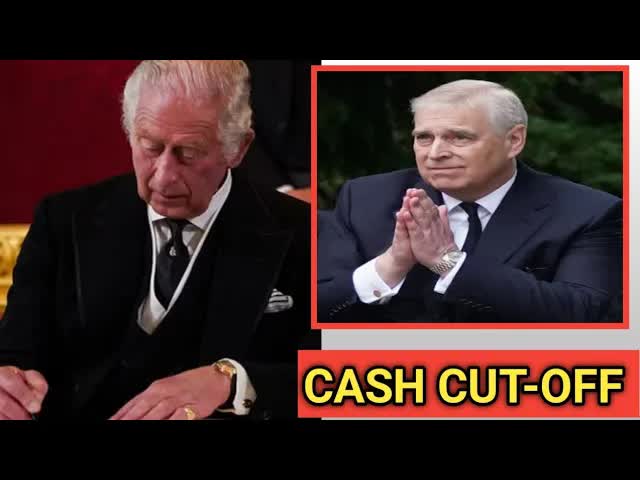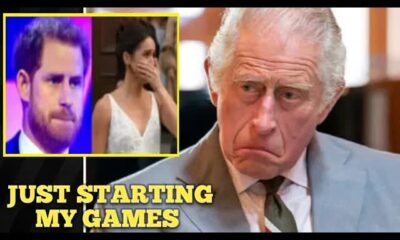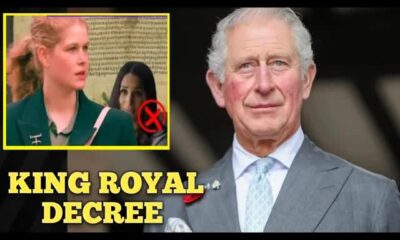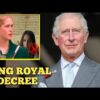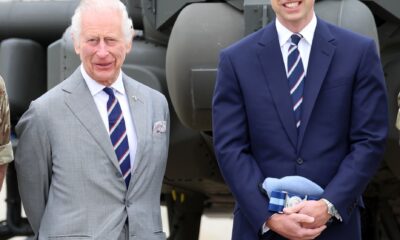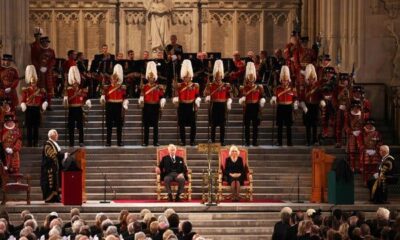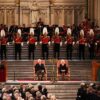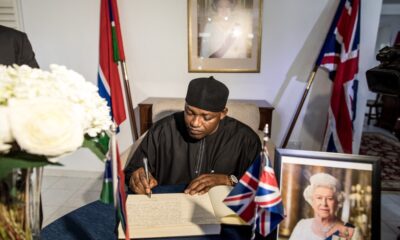The News
King Charles III Cuts Financial Ties with Prince Andrew
In a significant shake-up within the royal family, King Charles III has decided to stop providing an annual allowance of approximately $1.3 million to his brother, Prince Andrew.
This move signifies not only a shift in their familial relationship but also reflects a broader effort by the new monarch to instill accountability and modernize the monarchy.
The implications of this decision extend beyond personal finances; they touch on the very image and representation of the royal institution.
Prince Andrew's recent history has been marred by controversy, particularly due to his connections with the late financier Jeffrey Epstein and various sual abuse allegations.
Despite his repeated denials of any wrongdoing, these claims have cast a long shadow over his public persona and royal duties.
The fallout from these issues has been severe, leading Andrew to withdraw from public life entirely in 2019 after a disastrous BBC interview.
In that interview, he attempted to defend himself against the allegations, but many viewers interpreted his responses as an implicit admission of guilt.
As King Charles embarks on his mission to bring the monarchy into the 21st century, this decision to cut financial support for Andrew aligns with his vision of a more accountable royal family.
By distancing himself from his brother's controversies, Charles aims to rehabilitate the tarnished image of the monarchy and restore public trust.
With the cessation of this allowance, Prince Andrew faces a daunting challenge.
The financial support he received from the Duchy of Cornwall was his primary source of income, and losing it puts him in a precarious position.
Now, he must navigate life without this financial cushion, raising questions about how he will sustain himself moving forward.
The prospect of finding new sources of income is daunting for Andrew, especially given his previous attempts at business ventures that have largely failed to gain traction.


